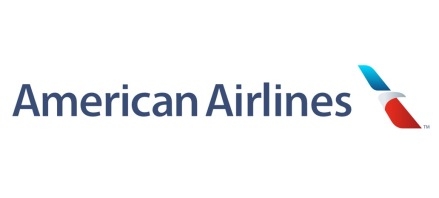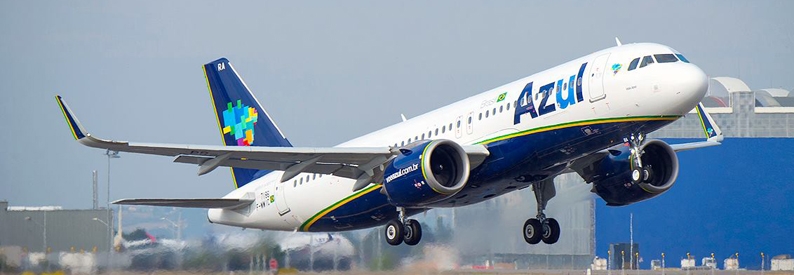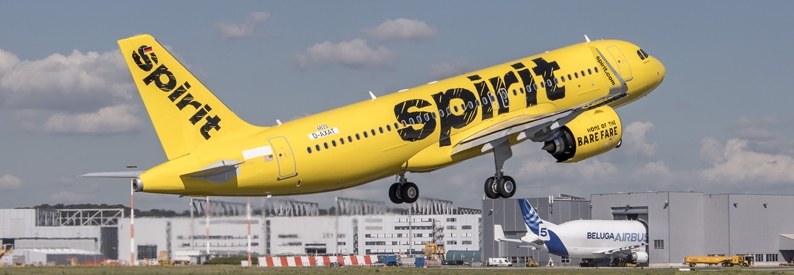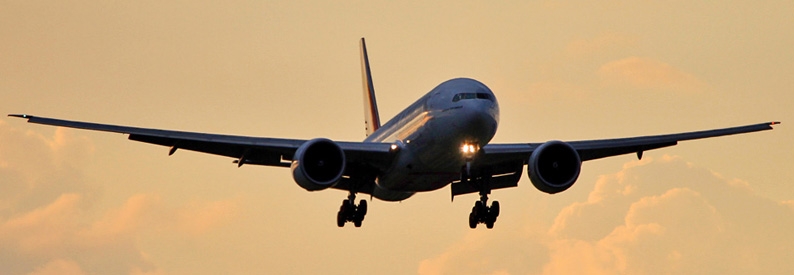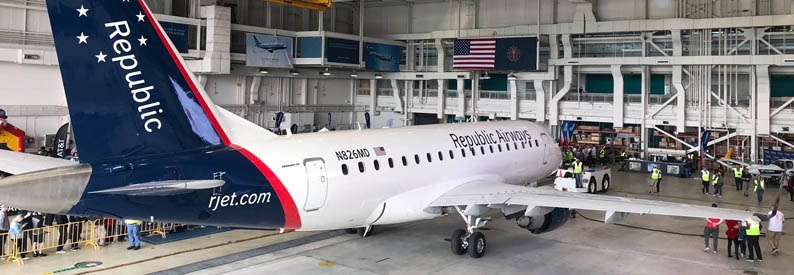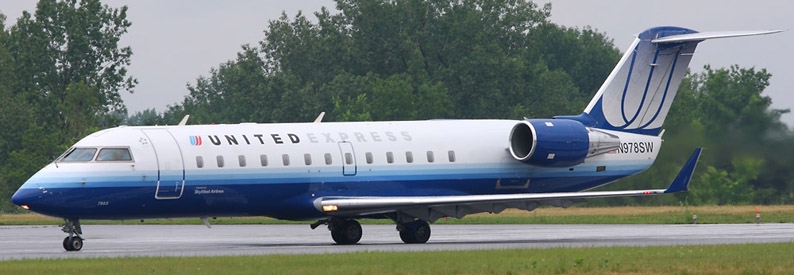The US Department of Transportation (DOT) has dropped impending plans to curtail European Union, Icelandic, Norwegian, and Swiss carriers' US wet-lease operations after all five parties signed an agreement that levels the competitive playing field for US air carriers seeking to carry out ACMI/wet-lease operations for European carriers.
Citing a lack of progress in the matter, the DOT, in February this year, said it would limit EU-to-EU carrier wet-leases in a manner comparable to that faced by US carriers attempting to wet-lease capacity to European carriers.
The trade dispute had stemmed from EU regulation 1008/2008 which only allowed non-EU carriers to wet-lease to EU carriers for an initial duration of seven months, with the opportunity for one extension for another seven-month period (i.e. a maximum total of 14 months).
The DOT said 1008/2008 had unfairly benefited EU-based operators at the expense of their US-based competitors and as such, those European carriers whose authorizations had been running for more than 14 months would be terminated effective March 30, 2019, following lengthy delays by the Europeans in implementing the "Agreement with Respect to Time Limitations on Arrangements for the Provision of Aircraft with Crew" that would address the competitive disadvantage faced by US carriers.
The deadline was later deferred until August 30, 2019, to provide the European Union with five more months to complete the internal process of the standalone agreement on wet-leasing.
Ahead of the deadline, the DOT said on August 27 that it had now vacated its original February order after the US, the EU, Iceland, Norway, and Switzerland signed, and began provisionally applying, the aforementioned standalone agreement on wet-leasing.
"The agreement removes the limitations that had been imposed on US carriers by the EC regulations," the DOT said in a statement. "US carriers will now be able to compete fairly in the marketplace, more broadly offering their services in worldwide markets, and gaining a valuable chance to benefit from the new commercial opportunities."
- Type
- Base
- Aircraft
- Destinations
- Routes
- Daily Flights
